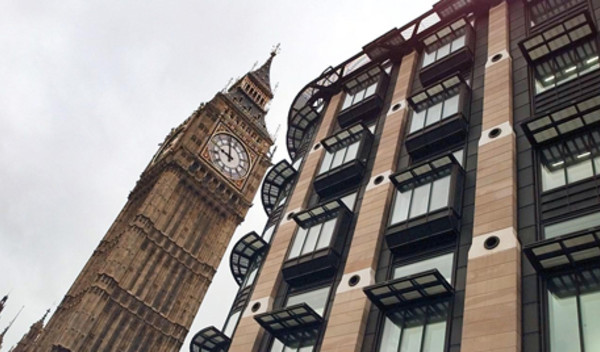

The Pensions Regulator has defended itself against criticism by MPs of its role in the collapse of Carillion, saying it is taking a "bolder approach" in holding schemes to account.
Responding to a joint report by the Treasury select committee and the Business, Energy & Industry Strategy select committee published in May, the regulator said it accepted criticism about how quickly it sought to use its powers when regulating the funding of Carillion's pension schemes.
In its official response to the joint report out today (12 July), the regulator also acknowledged that it should have reached a decision more quickly to bring its powers to bear and spent too long negotiating the scheme's valuation.
But it said its culture has been changing since then and it is now a "very different" organisation.
The TPR stated: "Culturally, TPR is now a more proactive organisation and we are clearer with pension trustees and sponsoring employers about our expectations, quicker to take action to put things right, and tougher on those who do not behave in the best interest of their members.
"Our bolder approach is getting results and having an impact with our stakeholders and those we regulate."
After unsuccessful talks with its lenders and the UK government Carillion went into liquidation in January.
The outsourcing giant had 13 defined benefit (DB) schemes in the UK with more than 28,500 members, and an aggregate deficit for PPF purposes of around £800m.
It is expected that 11 of these plans will ultimately end up in the pensions lifeboat, with the vast majority of these already in assessment at the PPF.
The joint report said TPR's response to the underfunding of Carillion's pension scheme had been "feeble" and criticised it for agreeing to exactly what the company had asked for.
It said: "The Pensions Regulator failed in all its objectives regarding the Carillion pension scheme. Scheme members will receive reduced pensions. The Pension Protection Fund and its levy payers will pick up their biggest bill ever.
"Carillion was run so irresponsibly that its pension schemes may well have ended up in the [Pension Protection Fund] regardless, but the regulator should not be spared blame for allowing years of underfunding by the company."
MPs found the watchdog threatened to use its powers seven times during 2013 and 2014, but never enforced warnings.
The Financial Conduct Authority also responded to the report by saying it is currently investigating whether market announcements by Carillion, which at its peak was a FTSE 250 company, were "false or misleading"
In his response to the joint report Richard Howson, the former chief executive of Carillion, said MPs had not considered all the issues behind why Carillion went into liquidation.
He said the company had been hamstrung by the government's failure to administer contracts in a "fair and timely manner" and its failure to administer payments.
The Department for Work and Pensions told MPs it would be unable to provide a response in time and the Department for Business, Energy & Industrial Strategy said it had already announced the appointment of Sir John Kingman to review the Financial Reporting Council, which regulates auditors, in response to concerns the committee had about it being "far too passive" in relation to Carillion's financial reporting.
damian.fantato@ft.com



